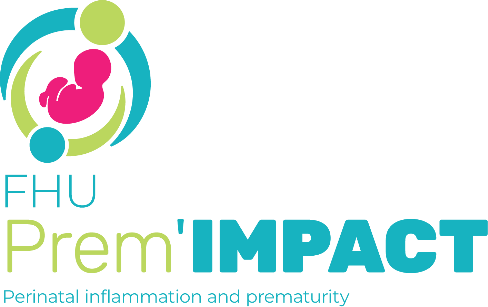Abstract
Results: in both cohorts, treatment with inhaled nitric oxide was not associated with IQ at age 5–6 years. Analysis identified maternal educational level, gestational age at discharge from hospital, intraventricular haemorrhage and maternal country of birth as important factors associated with IQ scores.
Aim : To investigate whether treatment with inhaled nitric oxide is associated with cognitive performance at age 5–6 years in preterm-born children.
Methods : we analysed preterm children from two large European cohort studies, the German Neonatal Network (GNN) (N = 3606) and the French EPIPAGE-2 cohort (N = 2579) admitted to neonatal care and followed up at age 5–6 years. Both cohorts had recorded data on iNO treatment. General cognitive ability was tested with IQ tests. Classification and Regression trees analysis was used to identify prenatal, perinatal and neonatal, clinical and social-environmental predictors of IQ.
Conclusion : Treatment with inhaled nitric oxide was neither negatively nor positively associated with IQ at age 5–6 years. Neonatal and brain health, as well as socioeconomic factors are important for cognitive performance in early childhood.
